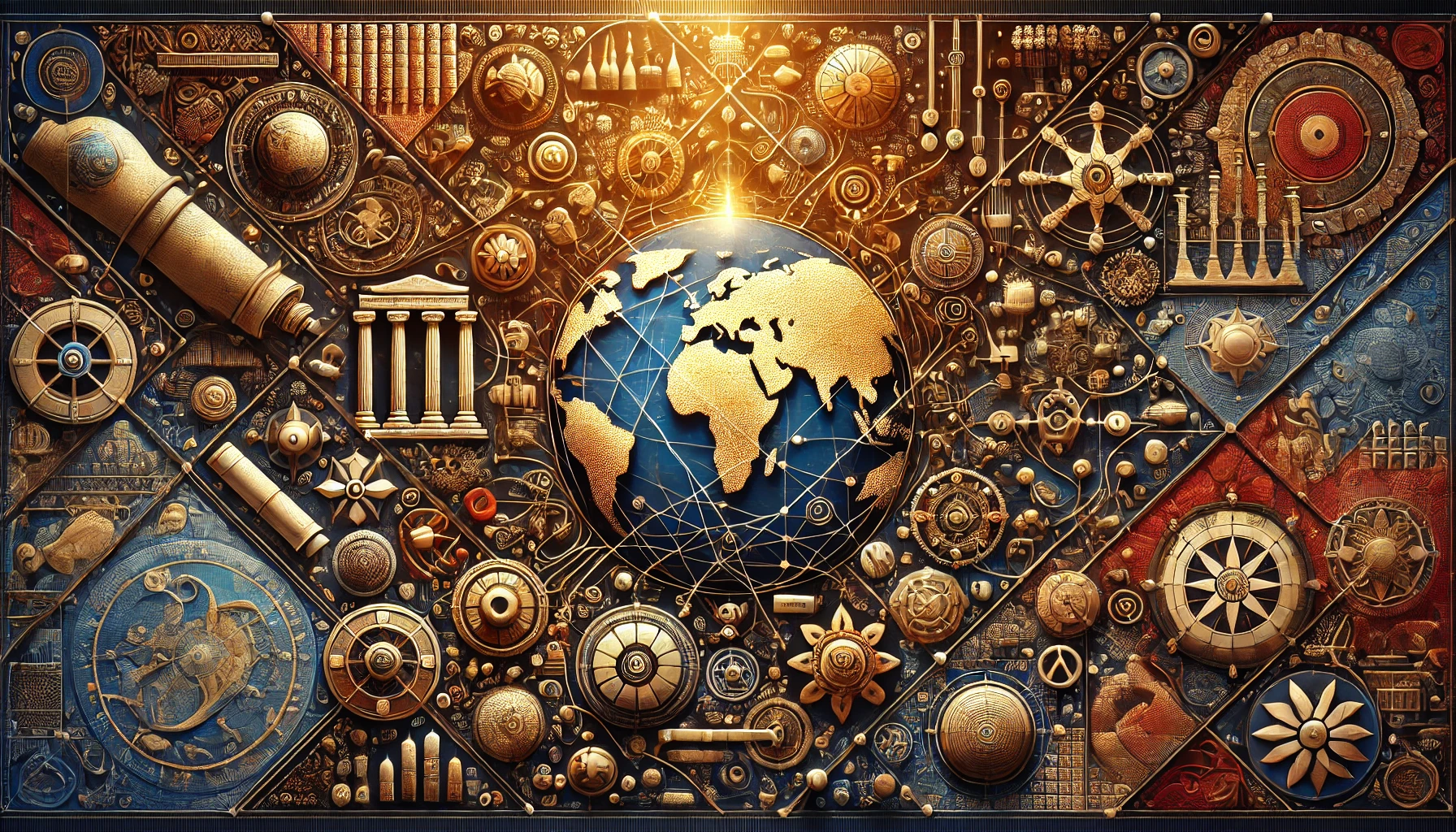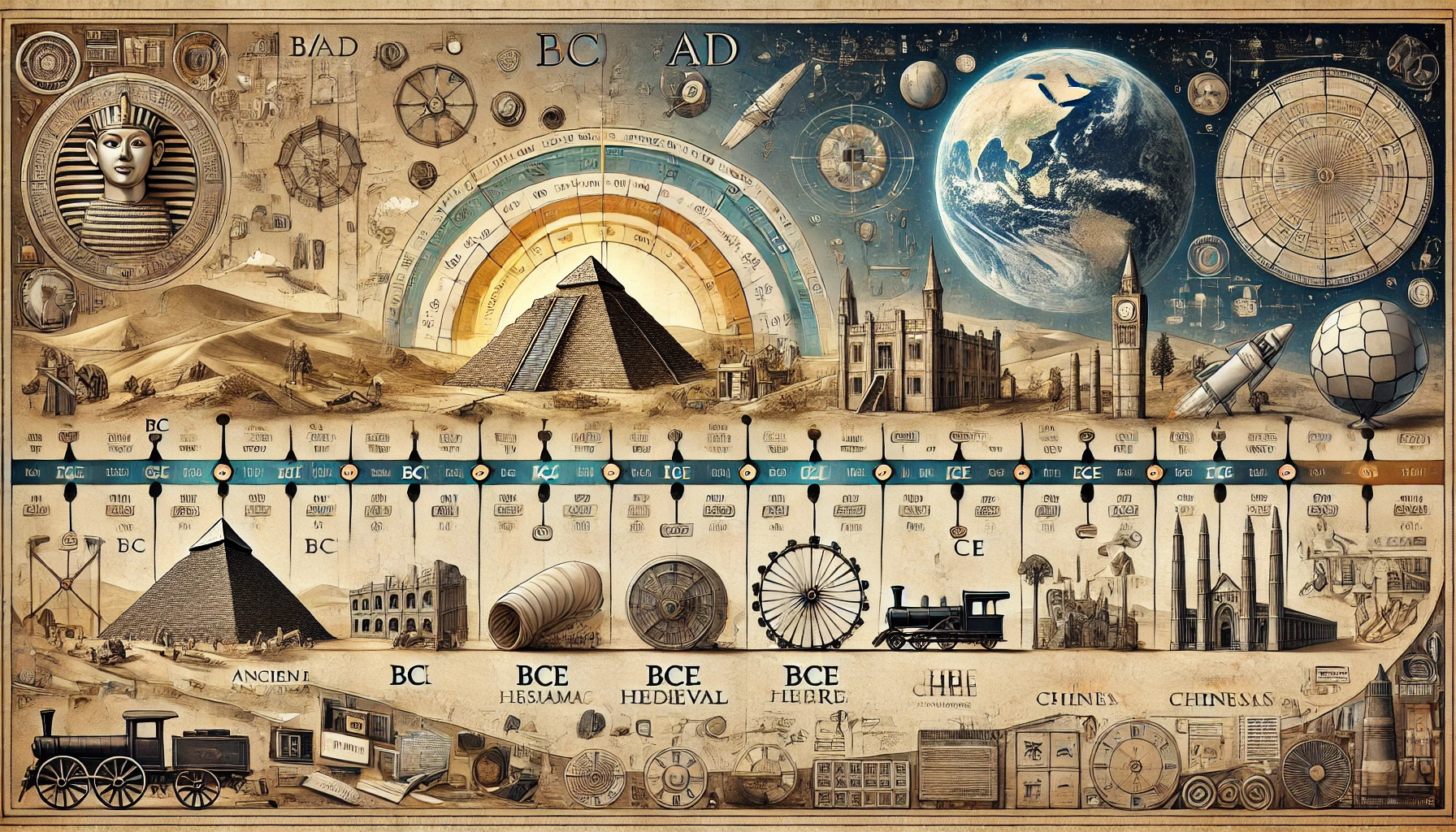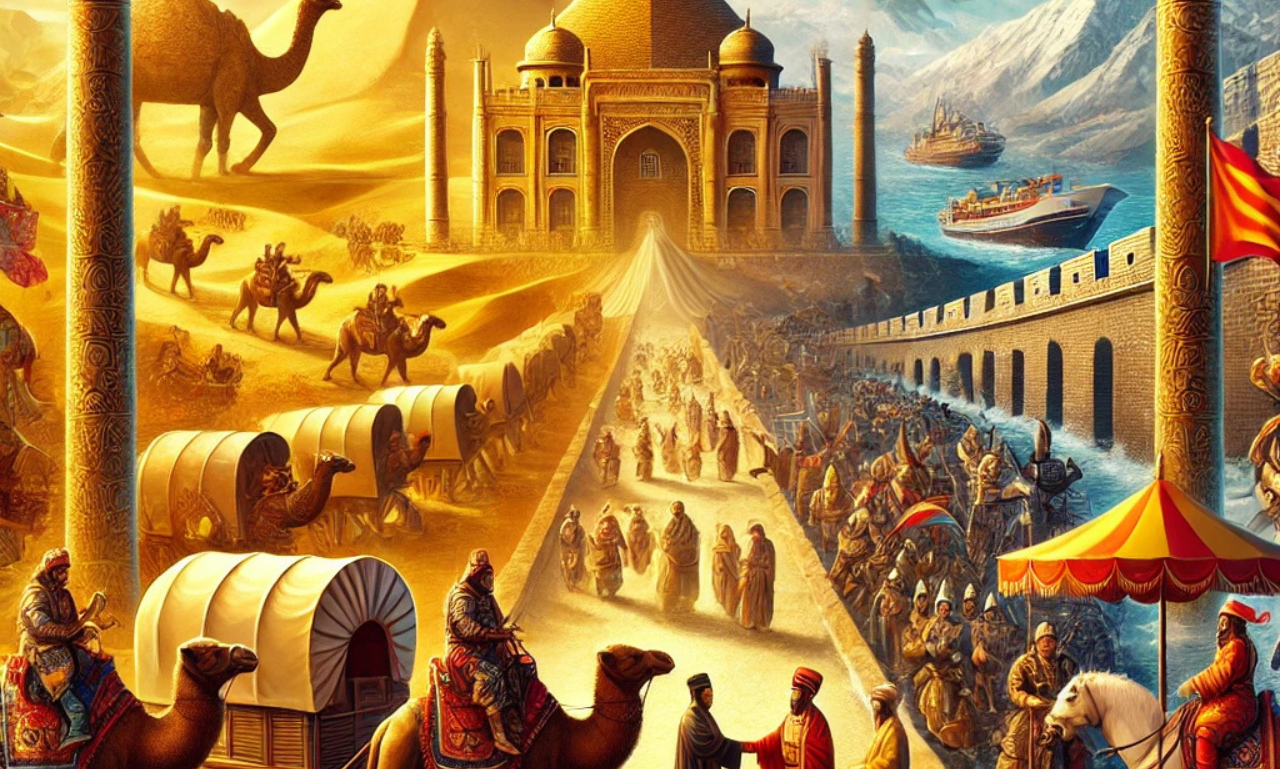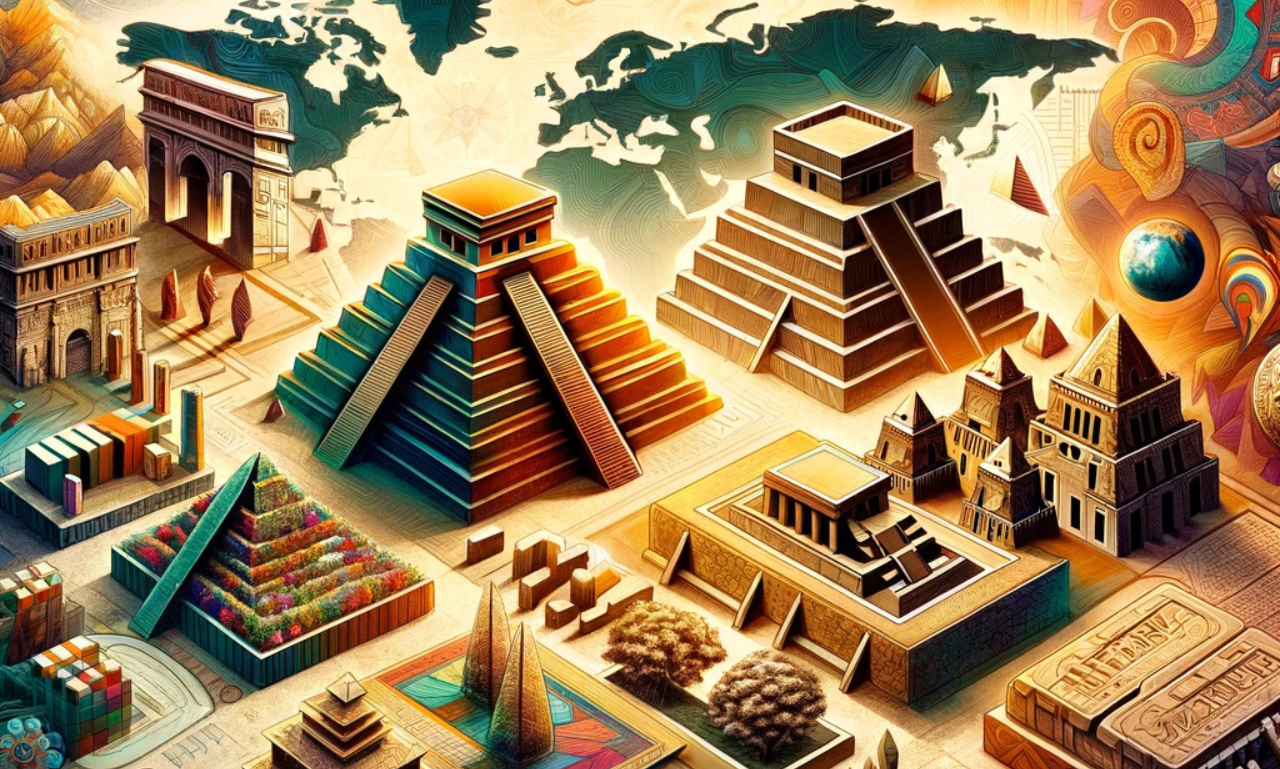History is the tale of us, not only a collection of old texts or ruins. It’s where our daily lives, hardships, and victories converge to create the world we live in today. Studying cultural history fosters empathy and a greater understanding of the various cultures and viewpoints that comprise humanity in addition to assisting us in understanding our shared past. Let’s examine how history continues to influence our lives and why it is more than just dates and occurrences.
Why History Is the Ultimate Connection Builder ?
When you think about history, imagine it as a giant map connecting people, cultures, and societies. Every story you uncover gives you a new perspective on how the world works—and why it’s the way it is now. History fosters intercultural relationships by showing us the roots of traditions, beliefs, and practices. It highlights the moments where humanity came together and where we faltered, offering lessons for both the present and the future.
Consider the philosophical theories of ancient Greece. These concepts were not limited to Athens; they also shaped Western philosophy, impacting everything from politics to science. Buddhism, on the other hand, originated in India and flourished throughout Asia, influencing innumerable societies with its teachings on mindfulness and harmony. These instances serve as a reminder that history is a shared path that transcends national boundaries.
Comprehending the socio-cultural significance of history enables us to confront biases and cultivate compassion. The complex fabric of human civilization is simpler to appreciate the more you study about other cultures and their histories.

How History Shapes Societies (And You!)
The choices, occurrences, and interactions of a society’s past weave it together like a quilt. We wouldn’t comprehend why things are the way they are now if history didn’t exist. Everything has historical roots, including the way governments are set up and the holidays we observe.
Think about the Middle Ages, also known as the “Dark Ages.” While this word conveys a sense of immobility, it is far from accurate. This age saw remarkable progress in the Islamic world, particularly in science, mathematics, and literature. By extending your historical lens, you will discover stories that question myths and preconceptions, allowing you to understand the world in a more complete, nuanced way.
We also learn from history that disasters, no matter how terrible, bring about change. By growing from their mistakes and adjusting to new situations, societies change. For example, Buddhism’s growth throughout Asia was not merely a religious movement but also a cultural change that had an impact on literature, art, and politics. These shifts remind us that even during times of upheaval, there’s potential for growth and innovation.

Cultural Diplomacy: History as a Peacemaker
History provides the answer to the question of how nations resolve disputes. In order to foster trust and understanding, cultural diplomacy—the sharing of concepts, customs, and knowledge—heavily depends on common historical experiences. And it’s effective.
Take the Franco-German reconciliation after World War II. These nations had a history of repeated conflicts, yet they found a way to turn their adversarial relationship into one of Europe’s strongest partnerships. How? By acknowledging their shared history, commemorating collective memories, and creating joint educational initiatives, they built a foundation for peace. It’s a powerful reminder of how history can mend divides and pave the way for collaboration.
History is also a reservoir of shared narratives that nations can tap into to find common ground. By exploring these threads, countries can forge paths to peace even amidst contemporary disagreements. It’s proof that understanding the past isn’t just about looking back—it’s about moving forward together.
Busting Myths and Stereotypes with History
Let’s be honest: inaccurate or partial historical accounts are frequently the source of stereotypes. The good news is that you may dispel those falsehoods by using history. The more you learn, the more you realize that no culture or time period is as straightforward as is sometimes depicted.
Consider the Silk Road as an example. It was much more than just a route for products, despite its fame for trade. It was an intellectual, artistic, and technological melting pot that enhanced all the civilizations it came into contact with. Humanity has always been interwoven, as demonstrated by this mingling of civilizations.
The medieval Iberian Peninsula is another excellent example. There was a golden age of learning, art, and architecture due to the coexistence of Christians, Jews, and Muslims. Their cooperation helped to preserve ancient knowledge and prepared the way for the Renaissance in Europe. When differences are welcomed rather than feared, multiculturalism may result in amazing accomplishments.

Celebrating Unity in Diversity
“Unity in diversity” is more than simply a slogan; it’s a historical fact. There are several instances throughout history of communities prospering via the acceptance of various cultures, ideologies, and beliefs.
One notable example is the Mughal Empire in India, particularly under Emperor Akbar. Cultural fusion and religious tolerance were hallmarks of Akbar’s rule. His reign produced distinctive cultural artifacts that continue to astound people today by fusing Persian and Indian languages, arts, and architectural styles. This age serves as a reminder that variety fosters creativity and innovation and is not a weakness.
This idea is further demonstrated by trade routes such as the Silk Road. They involved the exchange of ideas, artwork, and technologies in addition to goods. In addition to enriching civilizations, these exchanges sparked times of expansion and invention that would not have been feasible in isolation.
What Cultural History Teaches Us About Today
What is the lesson, then? History serves as a guidance for the present and the future and is not just about the past. Understanding historical multiculturalism helps you understand how valuing variety promotes societal success. History provides countless lessons on navigating the intricacies of contemporary life, whether it be through cultural diplomacy, dispelling preconceptions, or celebrating unity in variety.
Consider how an old culture or historical event relates to your life now the next time you read about it. You’ll discover that historical tales aren’t so far away after all. They also have a role in your story.




